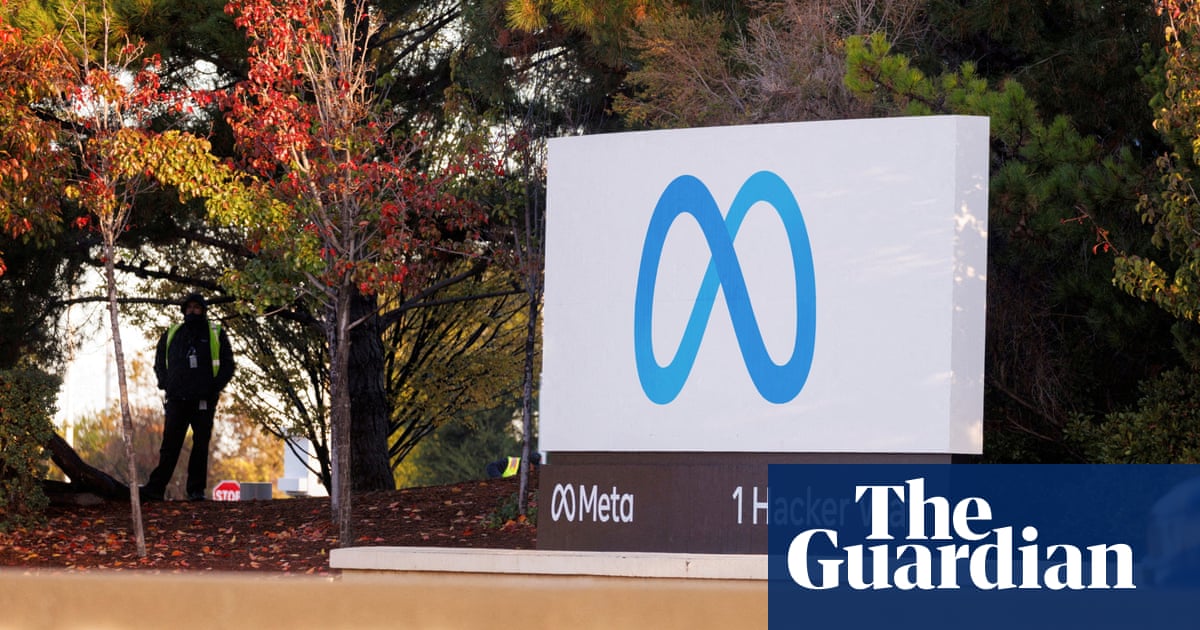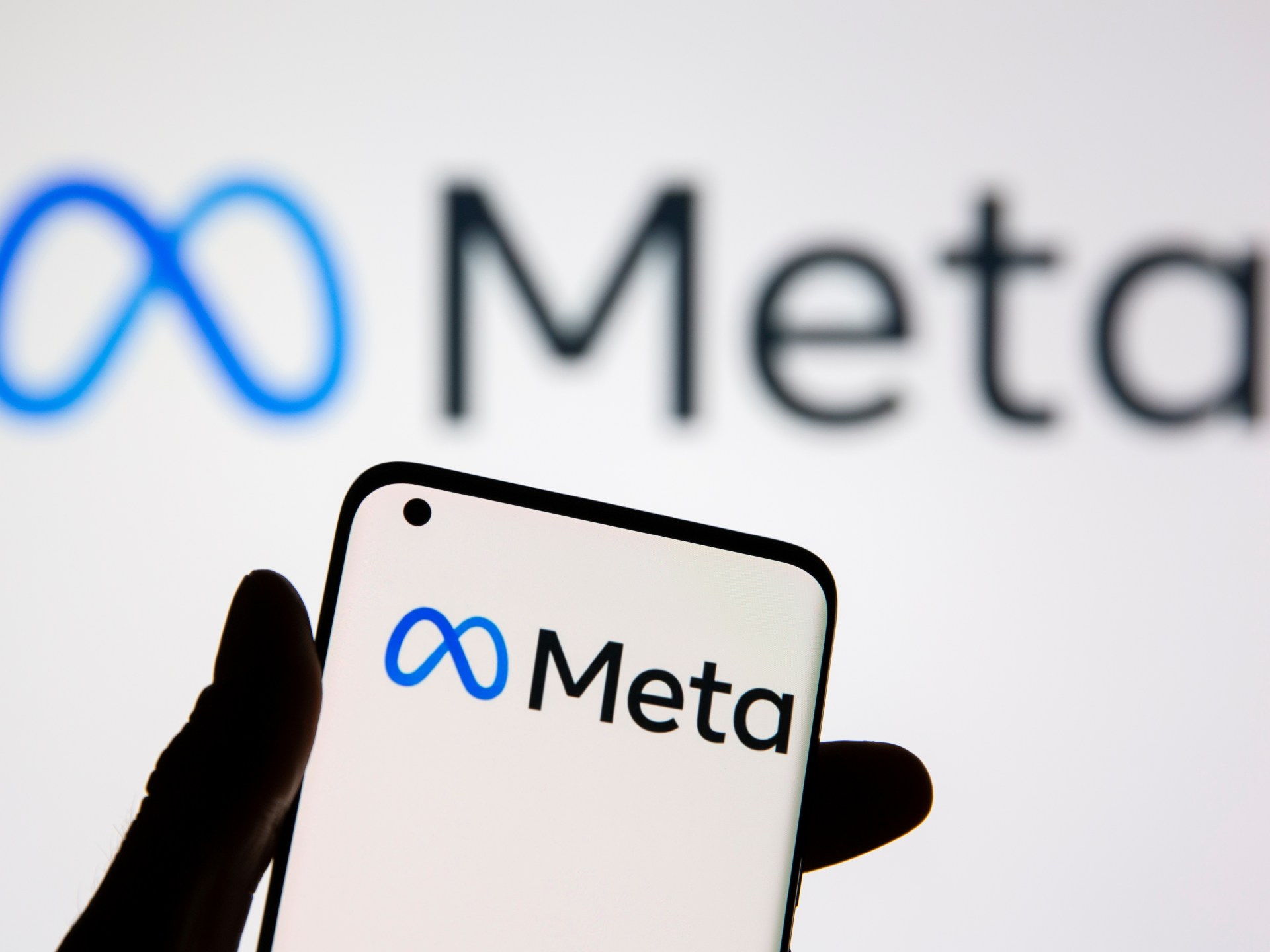
Meta, the parent company of Facebook and Instagram, is under investigation by the European Commission (EC) for allegedly breaching antitrust rules over its advertising model. The model, known as 'pay or consent,' allows European users to pay a monthly fee for ad-free versions of Facebook and Instagram or accept versions with personalized ads. However, the EC has found that this binary choice forces users to consent to the use of their personal data for advertising and fails to provide them with a less personalized but equivalent version of Meta's social networks.
The Digital Markets Act (DMA), which came into force in March 2023, requires dominant online platforms to give users more choice and rivals more opportunities to compete. Meta was also forced to add safety features to its misinformation tracking tool CrowdTangle for use during European Parliament elections.
If the provisional findings of the Commission's investigation are confirmed, Meta could face a fine equivalent to 10% of its global annual revenue under the DMA. Based on the company's 2023 results, that would amount to $13.5 billion.
Meta has previously pointed to a ruling from the European Court of Justice last year that allows a company to offer an 'alternative' version of its service that does not rely on data collection for ads as justification for introducing the subscription offer. However, the EC argues that users should still be entitled to get access to an equivalent service which uses less of their personal data, in this case for the personalization of advertising.
The EU announcement comes a week after it accused Apple of breaching the DMA by preventing app developers from freely directing consumers to cheaper services. The regulators are also investigating Google parent Alphabet under the new law.
Meta said it doesn't accept the Commission's findings and looks forward to further constructive dialogue with the European Commission to bring this investigation to a close.


